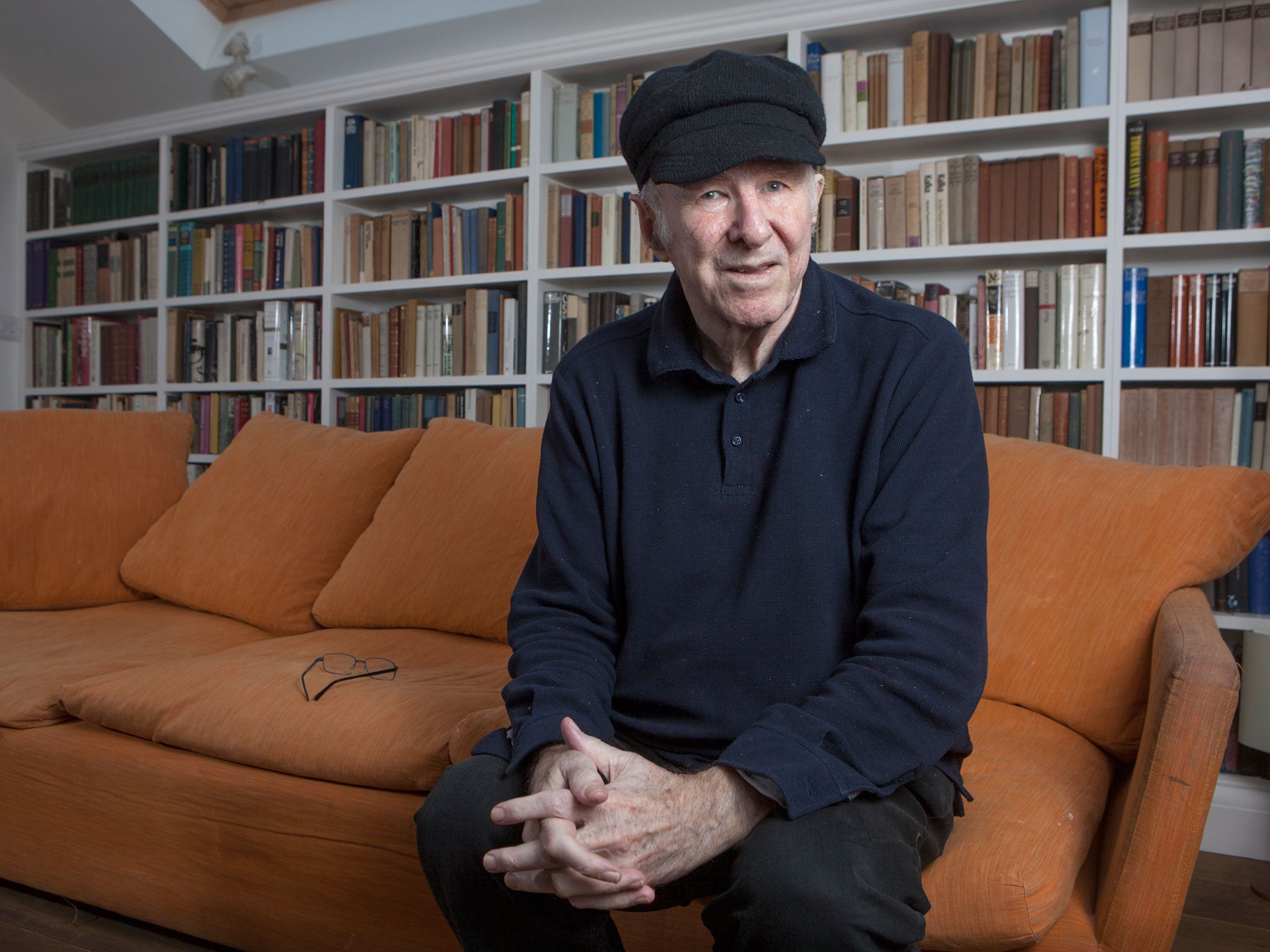Latest Readings by Clive James, book review: The author delivers a sign-off of substance
Terminally ill essayist Clive James takes an elegiac wander around cherished works

'Latest Readings' comprises 30 essays written, as the title suggests, in the saddest of circumstances. Diagnosed with terminal leukemia in 2010, Clive James does not seem to be raging against the dying of the light so much as reading until it finally goes out. Late, later, latest: these are almost last readings, undertaken with an affection fit for James' fantasised blue plaque: "I would like it to say: 'He loved the written word, and told the young'."
As literary bucket lists go, James' choice of reading is pleasingly scattershot. Heavyweight novelists (Proust, Powell, Conrad, two helpings of Hemingway) mingle with poets (Kipling, Larkin, Stephen Edgar, Richard Wilbur), who rub shoulders with odd sods like Hollywood, Villa America, John Howard and German flying saucers. There is not much recent writing, though Lucy Hughes-Hallett's biography of Gabriele D'Annunzio is one. But if I were in James' position right now, I might not have the time for Go Tell a Watchman either.
The meandering mood finds expression in the image of a walk: James recalls how Albert Speer survived Spandau by counting imaginary (goose) steps to Istanbul and Beijing. James himself is advised to "ambulate" after suffering a thrombosis en route to New York. Bored by simply putting one foot in front of the other, he reads Kipling as he goes, who serves up more congenial feet. His nicely sceptical essay on WG Sebald begins: "I know my way around the often intricate paths of all his major books".
James' tone wanders, too, from the critical to the personal. A preponderance of books about the Second World War hints at his vintage, and his father's death in the conflict. His fondness for comic fiction (Waugh, Osbert Lancaster) reminds us what a brilliantly funny writer and speaker James himself is. His prose seems to contain the twang of his voice, weighing points of view before coming to his own acute conclusion. For example, why he will not re-read Steven Bach on Leni Riefenstahl: "her movies were monstrous, but so was she, so there was no discrepancy between aim and result, and hence no lesson."
Reading is not, however, a solitary activity, as the regular mentions of swapping books with his daughters illustrates. This interaction extends beyond the family library. To read is to converse with other voices. Naipaul's essay about "Conrad's analysis of the colonial experience" becomes Naipaul talking about his colonial experience through which James is "faced with my colonial experience".
James has bones to pick with Naipaul, Conrad and Sebald. Marlow is a bore, Sebald is guilty of rare "fatuity, and James wonders whether the hilarity he feels at Naipaul's description of an Indian cleaner "would be less hilarious if you were an Indian".
Such reservations often double as James' highest praise. Citing John Carey's reluctant love of Waugh's Decline and Fall, he contends: "It's one of the good things about the study of literature: taste trumps prejudice." Humour, as Naipaul proved, is central to this seduction. In Decline and Fall, "the protracted demise of little Lord Tangent ought not to be hilarious but it is."
Reading gossip about JFK's affairs "is intoxicating but raises the question of whether we ought to be intoxicated. Perhaps not, but abstention would be difficult." One of many good things about Latest Readings is that James convinces us to try Richard Wilbur and give Osbert Lancaster a whirl too. If he sounds overly defensive about Larkin then maybe it is because he is so openly, if judiciously, generous elsewhere. The unadulterated love of literature proves infectious and a little humbling. Beneath the chatty, informal mood is an intensity that comes from "Promising myself to read only what I needed" (as he notes about Archie Burnett's The Complete Poems of Philip Larkin).
There were times when I dreaded writing this review, not because Latest Readings makes me sad (though it does), but because it reminds me what a joyful privilege reading can be. "The critic should write to say, not 'look how much I've read,' but 'look at this, it's wonderful'." Indeed it is.
Join our commenting forum
Join thought-provoking conversations, follow other Independent readers and see their replies
Comments